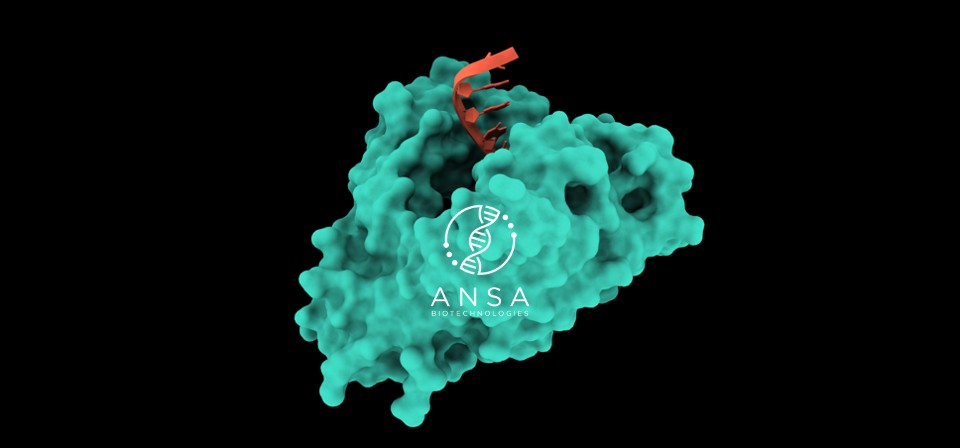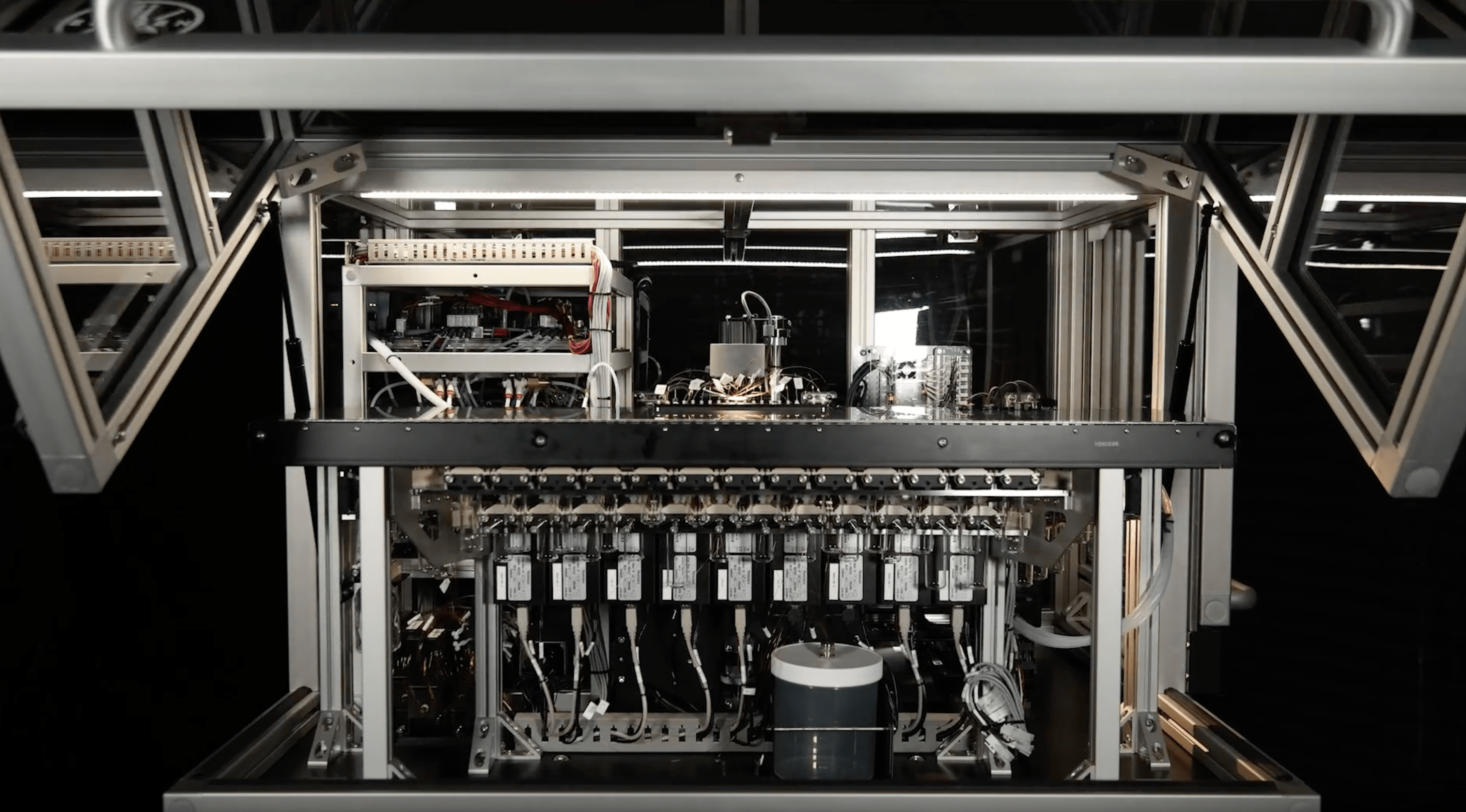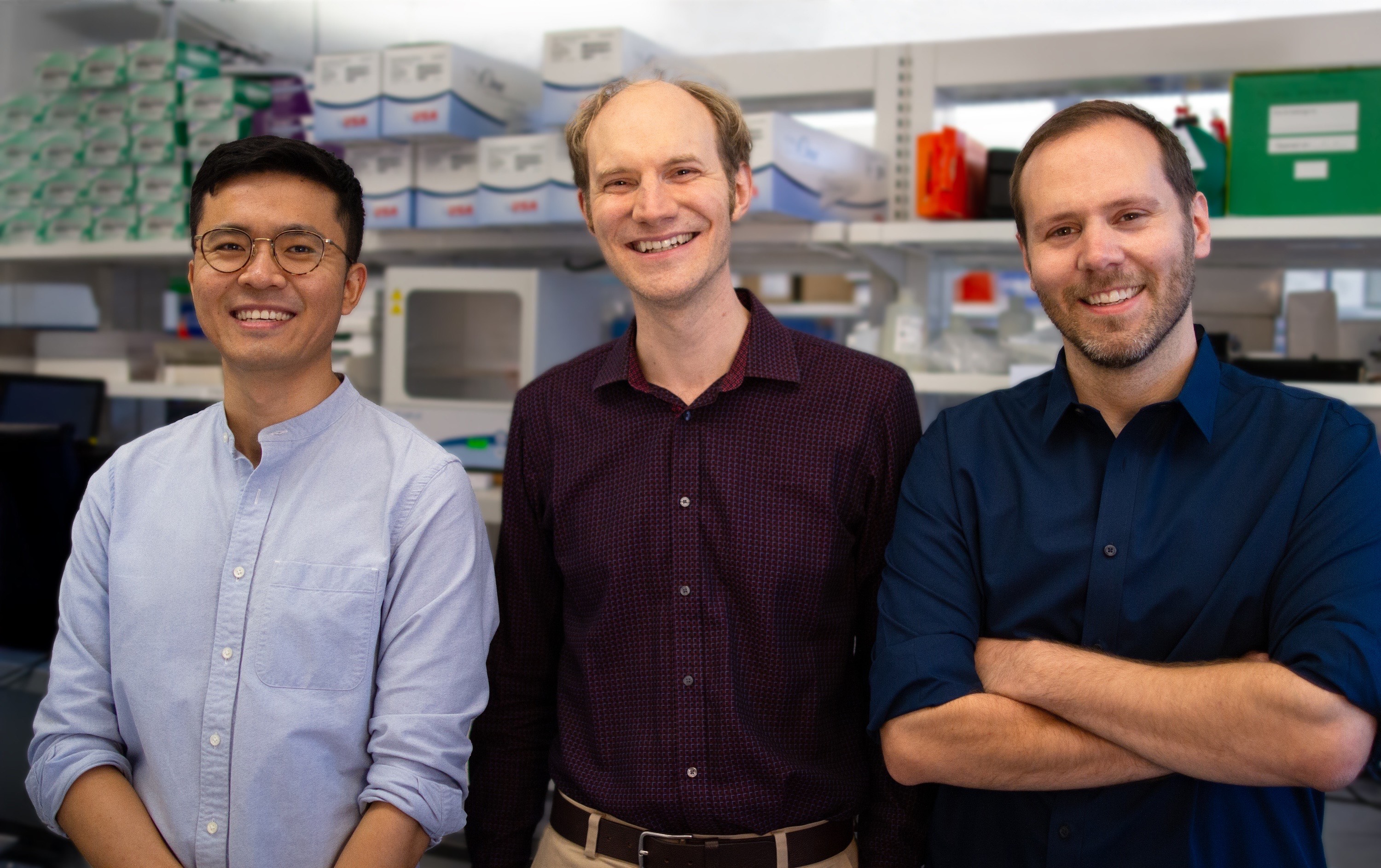George Church Lab Spinout, GRO Biosciences, Secures $2.1 Million in Seed Funding
Company Developing Genomically Recoded Organisms to Express Therapeutic Proteins with Increased Potency and Stability, Enhanced Targeting and Cell Delivery
BOSTON, Sept. 28, 2017 /PRNewswire/ -- GRO Biosciences Inc. today announced that the company has secured $2.1 million in a seed funding round led by Digitalis Ventures and joined by Eric Schmidt's Innovation Endeavors. The funds will support buildout of bioprocess development for GRO Biosciences' platform of genomically recoded bacteria for the production of therapeutic proteins with enhanced properties, such as increased potency and stability, and improved targeting and delivery into cells and tissues.GRO Biosciences was co-founded by the following:
- George M. Church, Ph.D., professor of genetics, Harvard Medical School, will serve as head of the company's scientific advisory board.
- Andrew D. Ellington, Ph.D., professor of biochemistry, University of Texas at Austin, will serve on the company's scientific advisory board.
- Daniel J. Mandell, Ph.D., will serve as the company's CEO.
- Christopher J. Gregg, Ph.D., will serve as the company's chief scientific officer.
- P. Benjamin Stranges, Ph.D., will serve as the company's principal scientist.
- Marc J. Lajoie, Ph.D., and Ross Thyer, Ph.D., will serve the company in advisory roles on a consulting basis.
By recoding the genomes of bacterial strains used in biologics production, GRO Biosciences can expand beyond the 20 amino acid building blocks typically found in proteins to introduce non-standard amino acids that can customize the shape and chemical properties of the protein."For decades, bacteria have been used as the workhorses of the biotech industry in the production of blockbuster therapeutics, and we believe that we can dramatically expand their utility by recoding their genomes," said Dr. Church. "GRO Biosciences' technology addresses the fundamental limitations of producing proteins with non-standard amino acids, opening up the possibility of creating a new universe of designer proteins with enhanced therapeutic properties at commercial scale."Nearly all monoclonal antibodies, as well as many other therapeutic proteins, such as interferon, human growth hormone and insulin, used to treat common chronic conditions, rely on disulfide bonds to maintain their 3-dimensional structure needed for biological activity. However, disulfide bonds are not stable in the presence of reducing agents found in cells and in blood, which means that the therapeutic effect of the proteins is short lived after administration to the patient.GRO Biosciences is addressing the challenge of therapeutic protein instability by replacing disulfide-bond-forming cysteine amino acid residues with selenocysteine, a naturally-occurring amino acid that is rarely incorporated into proteins, but is found in the cell. Selenocysteine has a structure and chemical properties very similar to cysteine, however diselenide bonds are stable under the same conditions where disulfide bonds are not, leading to a much longer half-life of the therapeutic protein."Protein therapeutics represent a $180 billion market, yet product stability, targeting and delivery into the cell still remain significant challenges to be addressed if we are to enhance the patient experience, achieve better compliance and improve health outcomes," said Geoffrey W. Smith, founder and managing partner of Digitalis Ventures. "If GRO Biosciences can make a therapeutic protein product that is more stable and requires less frequent dosing, then that is a win for patients and the healthcare system."GRO Biosciences is taking advantage of redundancies in the genetic code to reassign redundant codons to new, non-standard amino acids. For example, there are three different stop codons which are responsible for halting the elongation of a growing protein: UAG, UAA and UGA. GRO Biosciences has developed a recoded strain of bacteria that has replaced all of the UAG stop codons with UAA stop codons and reprogrammed the UAG codon to new amino acids such as selenocysteine. By replacing all codons that code for cysteine residues in a protein with UAG, selenocysteine can be selectively incorporated in place of cysteine residues to form stabilizing diselenide bonds."GRO Biosciences is literally reprogramming biology," said Dror Berman, Managing Partner of Innovation Endeavors. "What I find most compelling is their ability to converge game-changing synthetic biology with powerful computational design to create a new class of living organisms, unlocking unprecedented capabilities in medicine, materials and biotechnology."GRO Biosciences has established preliminary proof of concept of its platform by producing diselenide stabilized antibody products as well as therapeutic proteins, such as human growth hormone, in its selenocysteine recoded bacteria. In all instances, yields were high, selenocysteine incorporation at the desired sites was 100 percent, and all diselenide bonds formed correctly leading to the properly folded protein. The diselenide bonds dramatically increased stability in physiologically relevant conditions, as confirmed by functional assays.About GRO BiosciencesGRO Biosciences is leveraging breakthrough technologies from computational protein design and synthetic biology to develop best-in-class protein therapeutics with enhanced properties. The company has established multiple genomically recoded strains of bacteria that can incorporate non-standard amino acids into proteins to confer increased potency, stability, and targeted delivery. GRO Biosciences is applying its technology platform to develop improved protein therapeutics for diabetes, growth disorders and autoimmunity. The company, co-founded by Dr. George Church, is located at the Harvard Life Lab, a shared laboratory space for high-potential life sciences and biotechnology startups founded by Harvard faculty, alumni, students, and postdoctoral scholars. For more information, please visit www.grobio.com.



.svg)






.png)



.jpg)

.gif)